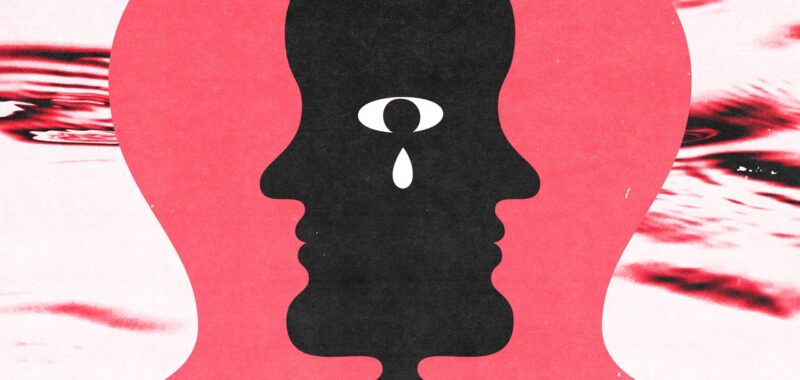Breakups are sometimes expected, and sometimes, they happen without warning. Either way, they can be downright painful and confusing. When Josh Kim, 30, signed the lease for a New York City apartment, he’d just told his girlfriend of more than a year that he was “all in.” After a deep conversation about their future two days prior, she was committed to joining him and moving to the Big Apple from Austin, Texas.
Unfortunately, just after signing the contract, Kim received the dreaded four-word text message from his then-beau, which no partner wants to hear: We need to talk. “I’m pretty sure I went through a brief panic attack while trying to plead with her to make it work,” Kim says. “I had never really felt anything like that before. It was like a tight feeling in my chest.”
Over the next few days, he experienced a range of emotions. “I would be like, ‘Okay, I’m good, actually. This was needed.’ Then, 20 minutes later, I’m thinking the complete opposite,” he says.
To understand the intense feelings that can come from a breakup, it’s important to realize that the neural circuitry involved in falling in love resembles the reward element of substances, says Nicole K. McNichols, PhD, a human sexuality professor at the University of Washington.
Both experiences involve the activation of neurotransmitters such as dopamine, responsible for the person or drug’s obsessive craving; serotonin, which brings pleasure and happiness; and oxytocin, which precipitates connection and bonding. Specialized regions in the brain are also influenced, including the orbitofrontal cortex, a part of the prefrontal cortex known for cognition and emotion regulation, and the nucleus accumbens, known as the pleasure center of the brain, Dr. McNichols says.
How do relationships feel like a withdrawal?
In short, relationships can involve intense feelings similar to a hard comedown. “Just as falling in love can be like becoming addicted to a drug, a breakup can mirror the brain processes of coming off of it as those feel-good neurotransmitters suddenly drop, too,” Dr. McNichols says.
Megan Bruneau, a therapist in New York, says the sudden absence of serotonin, dopamine, and oxytocin can lead to withdrawal-like symptoms similar to when a person stops using substances. “Whereas an addiction to a drug we ingest is known as an exogenous addiction, an addiction to the neurochemicals love produces is known as an endogenous addiction,” she says.
But there’s more to it than hormones and chemicals. “The parts of our brain responsible for craving and emotional regulation, such as the ventral tegmental area, or VTA, bilaterally, ventral striatum, and cingulate gyrus, light up,” Bruneau says of the region that’s often associated with both substance use and the desire to be near someone who you love.
As many of us know, it’s not uncommon to experience symptoms of withdrawal after calling things off with a partner. This includes sleep disturbances, mood swings and emotional dysregulation, headaches, fatigue, gastrointestinal distress, and loss of appetite during a breakup. “During one particularly crushing breakup, I—no exaggeration—had night sweats every night for four months,” Bruneau says. “The grief and attachment distress of heartbreak mimic depression and anxiety, causing rumination and obsessive thinking, intrusive and suicidal thoughts, memory and concentration issues, and a suppressed immune system.” In other words, yeah, a lot changes.
Can a breakup change your brain long-term?
It certainly has changed our collective brains over time. Bruneau says that chemical reactions to breakups are evolutionary, as they motivate us to seek partnership and proliferate the human species…which makes sense.
“Stress hormones such as corticotropin and norepinephrine flood our system, activating our sympathetic nervous system —or ‘fight or flight’—response,” says Bruneau. “There’s also activation of the parts of the brain linked to physical pain: the insular cortex and the anterior cingulate. So that pain you feel in your heart is very real.”
On an individual level, big feelings and the occurrence of specific chemical reactions will depend greatly on the person involved and how long it takes them to recover from a breakup. In the meantime, don’t be too hard on yourself if you’re feeling off after calling it quits. Breakups can actually change our brain mechanics, eliciting an emotional response—and a physical one, too.

